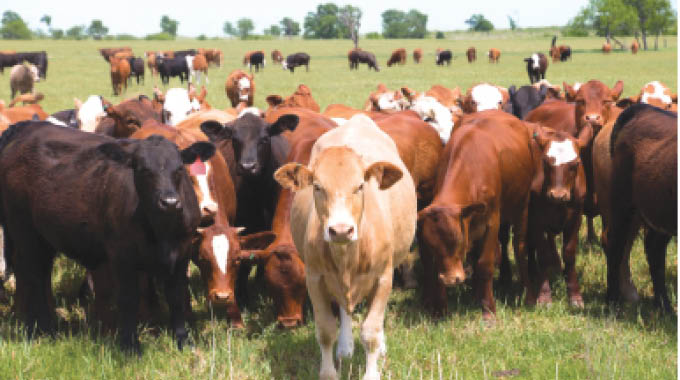
The Sunday News

JUDITH Moyo, in her article “The missing link for Matabeleland beef farmers” emphasises that the Matabeleland region has for a long time been known to be a place where the better if not best quality beef was produced. This is because the region falls under agro-ecological regions IV and V whose terrain and climate is suitable for cattle breeding and wildlife production.
She adds that it sits on the edge of the Kalahari Basin with an arid climate not hospitable to cropping. Its agricultural economy is centred on subsistence and livestock farming. Its economic years are largely characterised by drought and lack of economic opportunities, which have resulted in high levels of migration and widespread poverty.
The region, together with Masvingo province, has the highest number of cattle in the country. Cattle farming is therefore the lifeblood for most people in the Matabeleland region, who use cattle for both economic and social activities. The drought that has affected the country in recent years has however, left the cattle farming community in the region crying out for help after losing thousands of cattle.
Statistics indicate that as at February this year, 21 400 cattle in Matabeleland North and South provinces had succumbed to drought.
Matabeleland South recorded 15 180 deaths while 6 220 deaths were recorded in Matabeleland North.
Most animals succumbed to starvation due to depleted grazing fields and diminished water sources from the last quarter of 2019.
However, the Government has come up with a programme to assist livestock farmers in the region, a move that is commendable. Our sister paper, Chronicle reported last week that Government has released funds to procure hay harvesting equipment for the two provinces of
Matabeleland as part of efforts to mitigate the effects of drought and boost livestock production.
Lands, Agriculture, Water and Rural Resettlement Minister Perrance Shiri told the media that Government noted that the region, whose economic mainstay revolves around livestock production, was the worst affected by drought and the effects of climate change. Minister Shiri said as part of measures to save livestock from total wipeout, Treasury released money to buy baling equipment.
In addition, the District Development Fund (DDF) and the Zimbabwe National Water Authority (Zinwa) will continue to drill boreholes for livestock and domestic consumption in the affected areas.
“We have secured money from Treasury to buy hay baling equipment and that equipment is targeted at the two Matabeleland provinces. We are very much alive to the fact that we didn’t get enough rains in this region and livestock will be struggling hence we need to provide supplementary feed, which is why we embarked on that approach. This region does well in terms of livestock production and I am talking of cattle, goats and sheep,” said Minister Shiri.
The minister emphasised that Government was aware that livestock farming was the mainstay economy for the region, hence the need to come up with mechanisms of saving it.
“We need to pay special attention to issues to do with livestock. In terms of water, we will try as much as possible to harvest water wherever we can identify suitable sites for dams and it will be a priority to build those dams,” he said.
Farmers can also come up with strategies of managing the natural grazing areas at their disposal. Some of these strategies include rotation, deferred grazing and seasonal grazing, among others. These are meant to preserve some areas while cattle are feeding on other areas at a given time.



